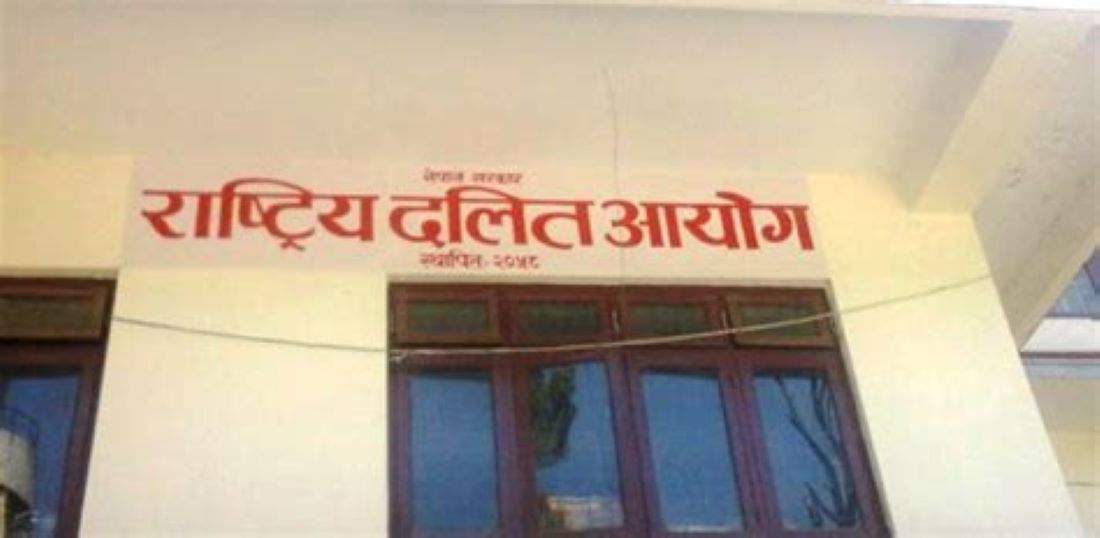
Kathmandu, July 13: Over one year into the passage of a parliamentary resolution motion to end discrimination against the Dalit, its lax implementation has raised concerns among stakeholders.
The government should be serious about creating an enabling environment for Dalit to live with dignity and with equal access to all state facilities, said Bhuwan Sunar, member of the National Assembly. He drew the attention of the government to implement the 19-point resolution motion.
“The constitution has criminalised caste-based discrimination. But it continues to exist. The government must work hard to implement the constitution,” said Sunar, one of four panelists, who attended a discussion on parliamentary monitoring on issues of Dalits organised here on Friday by the Nepal FM Network with the support of UNDP.
He called on the government to inform the local government of the resolution motion for its effective.
Similarly, Bishnu Bahadur Bishwokarma rued the Dalits being deprived of justice. “The Dalits are still begging for justice. But the state seems apathetic,” he said. Despite issues of Dalit being raised in the parliament from time to time, they remain to be resolved, he said.
The resolution motion was passed by the National Assembly in March 2023. The motion aims to put pressure on the government to work effectively towards ending discrimination and oppression against the Dalit. It demands that the government should strictly implement the constitution and law that consider untouchability and caste-based discrimination in private or public places serious social crimes and punish the culprits, and compensation is demanded for the victims.
It has also sought the guarantee of the proportional participation of the Dalit community in all agencies and structures of the state, and scholarships for the students of the Dalit community with priority for higher education, and special reservation in the vocational and technical education, the assurance of social security to people from the community; and incentives to promote inter-caste marriages.
Similarly, the motion has demanded land to the landless, Dalit community and houses to the homeless Dalit. It has also asked the government report to the upper house about the steps it has taken towards creating an equal and equitable environment for the Dalit.
The National Assembly directed the government to take steps to implement the motion while asking the parliamentary committees under it to monitor the status of its implementation. On the monitoring of the implementation of the motion, Sunar, also member of the Development, Economic Affairs and Good Governance Committee, and coordinator of the Resolution Motion Implementation Monitoring Subcommittee, admitted that the committees under the upper house could not work on the issue as expected.
“I think none of the four committees met to discuss the action plan of the motion. It is unfortunate. The committees must be serious,” said Sunar, who had proposed the motion in the upper house. He proposed the appointment of Dalit people to the committees to enhance effectiveness.
Similarly, Sonam Geljen Sherpa, chairperson of the Federalism Enablement and National Concerns Committee, expressed his commitment to coordinate with other related committees on monitoring the status of the motion. He also asked the government to be serious on the implementation of the motion.
Maya Prasad Sharma, chairperson of the Public Policy and Delegated Legislation Committee, pledged to take initiatives on the implementation of the motion while Jayanti Devi Rai, chairperson of the Legislation Management Committee, blamed government instability for its lax implementation. Constituent Assembly member Binod Pahari called for the allocation of enough funds for the enhancement and uplifting the Dalit community.
Comments